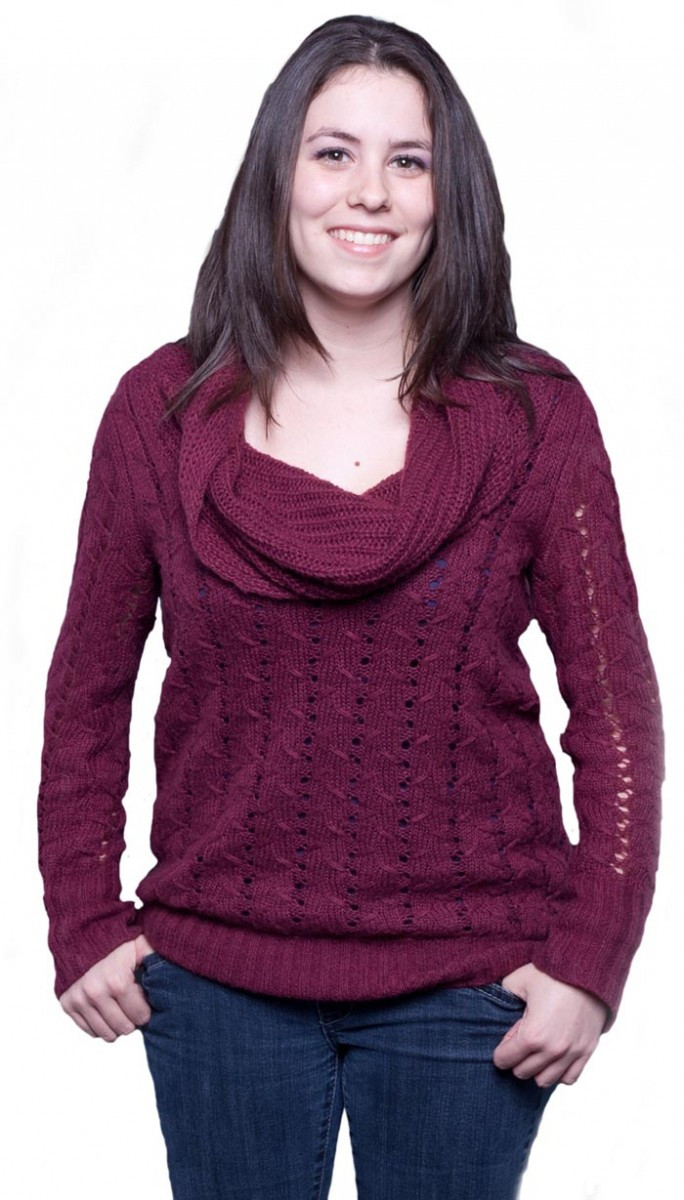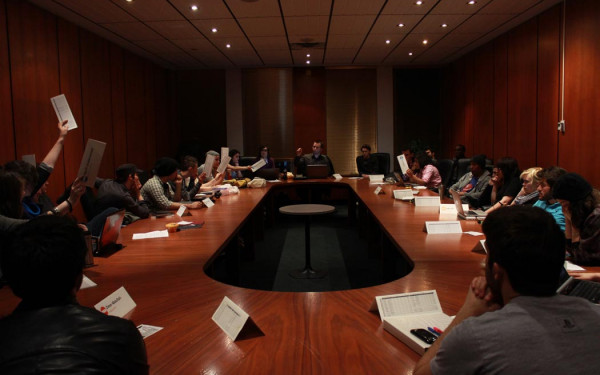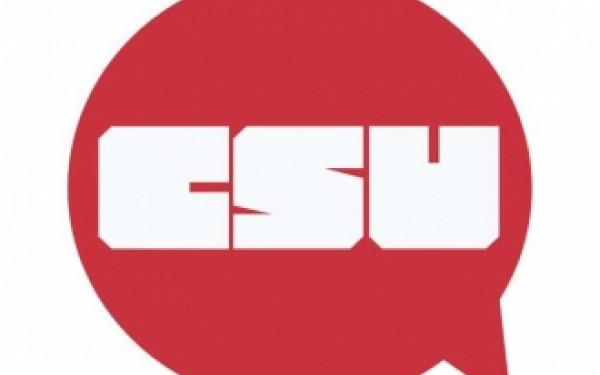Candid Candidates
It’s that time of year again.
Campaigning has begun for the Concordia Student Union’s general election.
While the lack of candidates for council and Senate seats promises for a markedly less contentious election for those positions, the race for executive positions may be a different story.
The Link spoke to presidential candidates Schubert Laforest and Melanie Hotchkiss about their vision for next year’s CSU, including what they see as their top priorities, how they will deal with being the sole voting undergraduate at Concordia’s Board of Governors and what they’ve learned from their involvement in student government.
Melanie Hotchkiss
A third-year student doing a double major in political science and the School of Community and Public Affairs, Hotchkiss is the presidential candidate for the Concordia Could Be slate.
A CSU councillor for the past two years, Hotchkiss is also a former president of the Dawson Student Union, as well as a former VP Communications for the SCPA Student Association and member of the ASFA Council. She currently sits as an appointed member of Concordia’s Senate.
Hotchkiss expressed admiration for the current CSU executive team, noting the “significant groundwork” they laid in terms of policy changes. She said she would like to emulate this administration’s relationship with council.
“An executive that is willing to engage Council, and is willing to put all their cards on the table and give all the information to Council, they’re going to encourage councillors to want to get more involved,” she said, noting that in her first year as a councillor, she was “not a part of a decision process.”
“This year, it was different. Being on different committees, it was like, ‘Wow, I’m actually being invited to do stuff. I’m allowed to criticize.’”
One of the tenets of Hotchkiss’ campaign is “accessibility,” which she defined as “not only about accessible information—and information people can actually understand—but also accessibility of student space.
“Stuff like the Hive project,” she continued, referring to the oft-delayed student-run café at Loyola. “Trying to find some sort of alternative, because right now the plan is not feasible, which is why it’s been on hold for so long.”
In terms of the current hot-button issue on campus—a potential student strike to fight tuition hikes—Hotchkiss said that while she supports a strike, “I do have a lot of concerns about making sure students are informed and feel like they’re being consulted, but at the same time, I think it’s the responsibility of all students to come to assemblies and voice their opinions and respect the decisions that are made.”
Faced with the possibility of being the only representative of undergraduate students with a vote on the BoG next year, Hotchkiss promised to be a vocal advocate for student interests.
“I think that there’s this culture in the university where administrators expect that students aren’t going to talk, and I think that’s something that has to change,” she said, adding that she plans to coordinate with the VP Academic and student Senators to ensure that there is a consistent message.
As president of the DSU, Hotchkiss presided over its first year as a body independent of the school’s administration. Several of her decisions proved controversial, including suing the school for immediate control of the DSU budget—$280,000.
Under her watch, the DSU saw a string of resignations, culminating in her own. Hotchkiss said that her time at Dawson, while difficult, proved to be a source of numerous invaluable lessons.
“What strikes me the most about my experience there isn’t the so-called controversies that other people never really heard my side about—and a lot of things that happened were misconstrued,” she said. “My experience at Dawson was my awakening to getting involved in student politics.”
“[It] was a great learning experience, in learning how to run a student union, and to walk into a student union that had no institutional memory, no foundation, nothing, and start from scratch.”
Schubert Laforest
A fourth-year student in honours linguistics, Laforest is a former VP Finance of the Linguistics Student Association and member of the Arts and Science Federation of Associations Council.
He is currently ASFA’s VP Internal, as well as the VP Internal of the Concordia Pre-Law Society, and is running as part of the A Better Concordia slate.
In his role as ASFA’s VP Internal, he was in prime position to observe the first strike (figuratively and literally) in this year’s tuition battle, when ASFA held a one-day strike on Nov. 10.
While he spoke of a longer strike to protest tuition hikes as a “nuclear bomb”—but one he nevertheless supports—he said he would like to see less use of such drastic measures in the future.
“[My main priority for next year] is a more sustainable governance,” he said. “I feel like there’s this crisis of confidence in governance, not just as the student level, but at the administration level, all the way up to the Board of Governors.
“I want to implement measures that make us more efficient in our dealings,” he continued, citing a closer, more consistent negotiation process between students and the administration as one way to accomplish this.
Laforest specified that despite the fact that the relationship between student leaders and administration might appear closer should he win, his plan would call for a “two-pronged approach” to dealing with the Concordia Board of Governors.
“Social change can be induced in two ways. There can be external pressures like a more militant, activist stances, and then there’s a more institutional stance, which comes from applying that pressure internally. We can use both forms of applying pressure in order to induce proper change.”
Laforest spoke about his opposition to proposed changes to the CSU bylaws, which were voted on by students and ultimately passed in the November byelection.
“There were quite a few objections I had with the bylaws; the main one I had was the way in which they were passed. I don’t think it was transparent or accountable enough,” he said, adding that he thought the formal elimination of the Senate of Faculty Associations—a little-used body that was
meant to be a check and balance on Council—was a mistake. He said he would try to create a similar body if given a chance.
“One of our points is to have some sort of CSU emissary program, where we’d have councillors appointed to go to other faculty associations and student groups and report to them on points that particularly pertain to their group, and have those emissaries come back to Council and report on what those groups’ concerns are.”
While some may enter a position such as CSU president with high hopes that may ultimately be dashed by the realities of day-to-day responsibilities and the internal pressures and politics of Concordia, Laforest said that his experience on ASFA has tempered those kinds of pie-in-the-sky
aspirations, which will ultimately help him achieve attainable goals.
“I learned a lot of things, [at ASFA, especially] in regards to ambition. When I first came into ASFA, I thought I was going to change the world, and do this and this and this. It’s really sobered my vision in the sense that I now have a more realistic perspective on what can be done.”
For more information and links to the department strike organizations, check The Link’s online departmental updates throughout week

_700_1050_90.jpg)

_600_832_s.png)

_600_375_90_s_c1.jpg)

2_600_375_90_s_c1.jpg)
